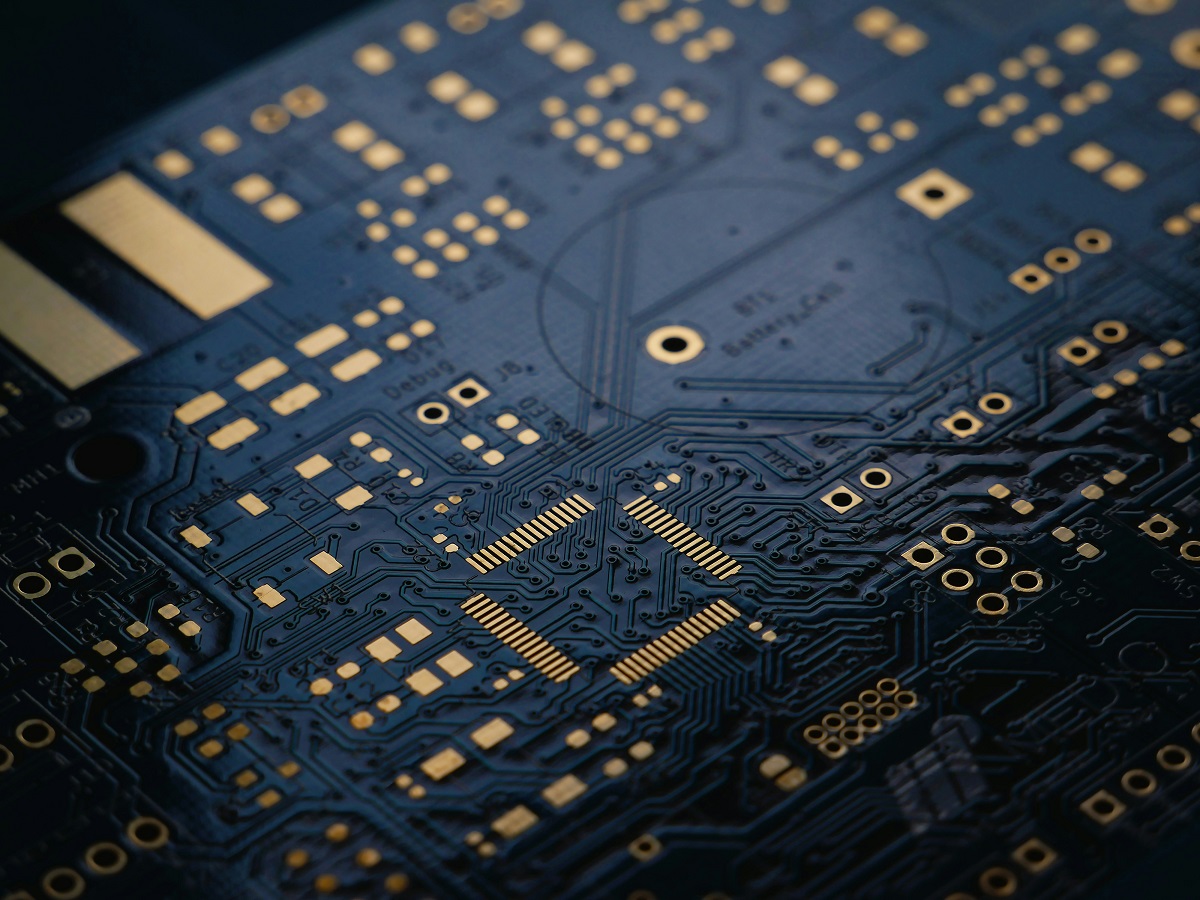Artificial intelligence and ethics: Asian religions to sign appeal in July in Hiroshima
Archbishop Paglia made the announcement in Bengaluru at the Plenary Assembly of the Conference of Catholic Bishops of India (Latin rite). Meanwhile, Tsai Ing-wen, the outgoing president of Taiwan (a leading semiconductor manufacturer) wrote to Pope Francis, saying that her country is “working intelligently to develop AI technology” while “always keep[ing] humanity foremost in mind.”
Bengaluru (AsiaNews) – A number of leaders representing Asian religions are set to sign the Rome Call for AI ethics at a meeting in July in Hiroshima, the very place that symbolises the wounds of war.
The Call is the document issued by the Pontifical Academy for Life in 2020 together with the Food and Agriculture Organisation (FAO) and some IT giants to promote algorethics, that is, moral guidelines that are indispensable today to ensure that the development of increasingly advanced applications of data science always serves humanity.
Archbishop Vincenzo Paglia, president of the Pontifical Academy for Life, made the announcement in his address to the Plenary Assembly of the Catholic Conference of Bishops of India (CCBI), Latin rite, currently underway in Bengaluru.
“In January 2022, Jews and Muslims signed the Rome Appeal’” said Archbishop Paglia. “Next July, in Hiroshima, the leaders of Asian religions will also sign it.
“I hope to be able to communicate to you soon the agenda of this event, which testifies to the global responsibility of religions, called not to defend themselves in an apparently hostile environment, but to serve humanity in every age and place."
For Archbishop Paglia, it is important to focus on the benefits that AI is already bringing to humanity in so many fields, from medicine to agriculture, communications, and Church life itself.
For the prelate, Indian bishops should not to let themselves to be infected by the pessimism of those who at this moment “enumerate, in worried if not apocalyptic tones, only the many dangers that this change seems to bring to human life, to the point of postulating even the end of human civilisation on the planet.”
This does not mean ignoring the responsibilities that these tools bring. “We are aware that articulated and complex answers can be brought to this ethical question, not always unequivocal and simple ones," the president of the Pontifical Academy for Life noted.
Indeed, "We are called upon to regulate a rapidly growing and global phenomenon, bringing together very different cultures and traditions. The fact that artificial intelligence is made with Chinese and African minerals, Western ideas and Indian CEOs must encourage us to reflect.”
Suggestively, an answer to Pope Francis's message for the World Day of Peace 2024 came from Asia recently, centred on this very issue.
Tsai Ing-wen, the outgoing president of Taiwan, the world's leading manufacturer of semiconductors (an essential tool for cutting-edge technologies), responded to the pontiff with a letter in which she backs his appeal and explains the steps taken by her government for an ethical approach to artificial intelligence.
“In recent years,” she writes, “we have been committed to bolstering resources and talent in the industry. Our aim has been to stimulate technological development, upgrade our industries, and spur digital transformation while also addressing the challenges of labor shortages, an aging society, and achieving net-zero carbon emissions.”
For her, “Taiwan will continue to play an indispensable role in global supply chains and make substantive contributions to global prosperity.” However, “For Taiwan, as for other democracies, one major challenge has been disinformation campaigns.”
“We fully understand – as you (the pope) underlined in your message – that ‘algorithms must not be allowed to determine how we understand human rights.” For this reason, “Taiwan, in working intelligently to develop AI technology, will always keep humanity foremost in mind.”
Hence, “Working alongside like-minded partners, we will use technology to increase public trust, defend democracy and freedom, and mitigate the negative impacts that AI may bring.”
To this end, “Taiwan will deepen cooperation with the Holy See across many areas as we work toward exercising good technological governance, maintaining social harmony and stability, and jointly creating a peaceful future for humanity.”
(Nirmala Carvalho contributed to this article)
01/02/2018 17:37
12/01/2024 18:35
02/03/2020 17:44







.png)










